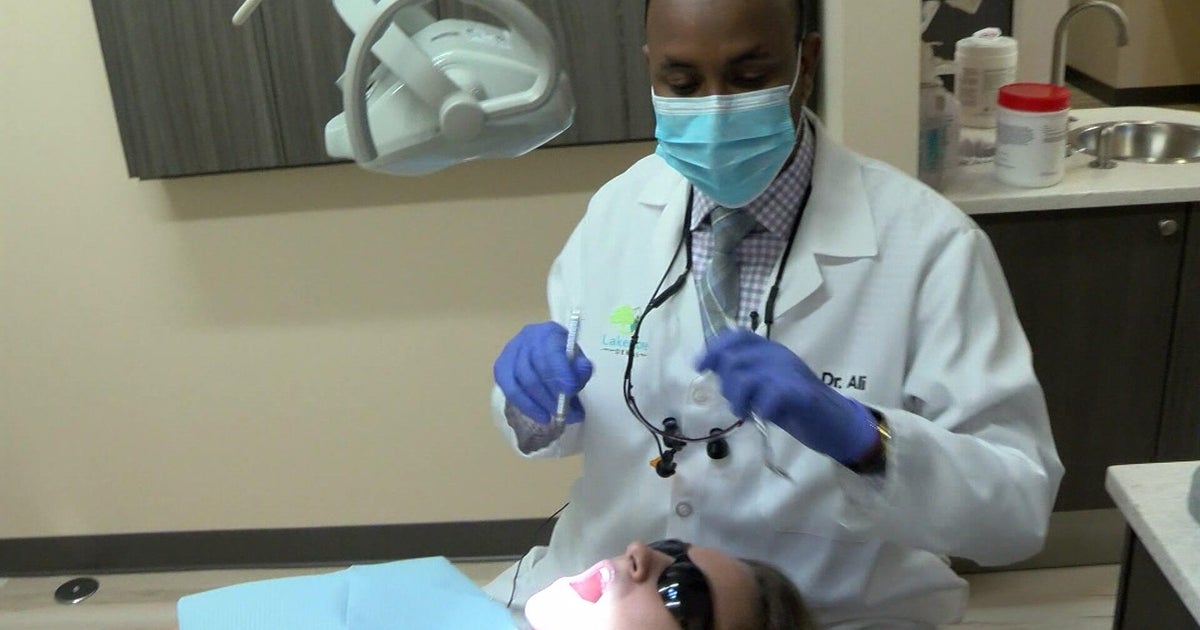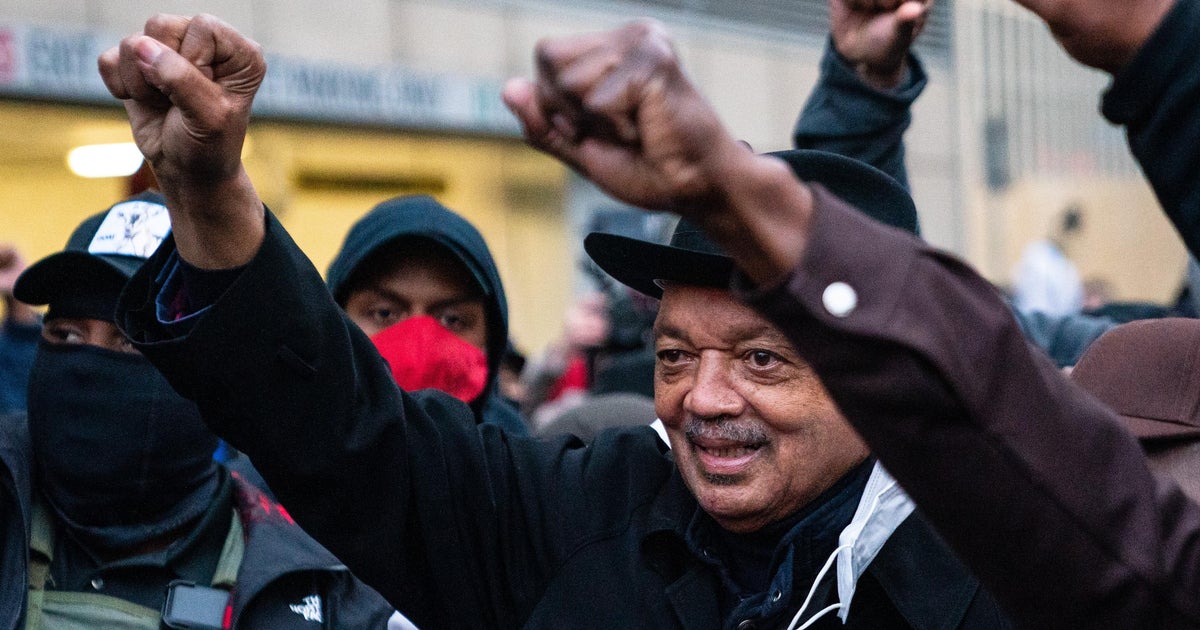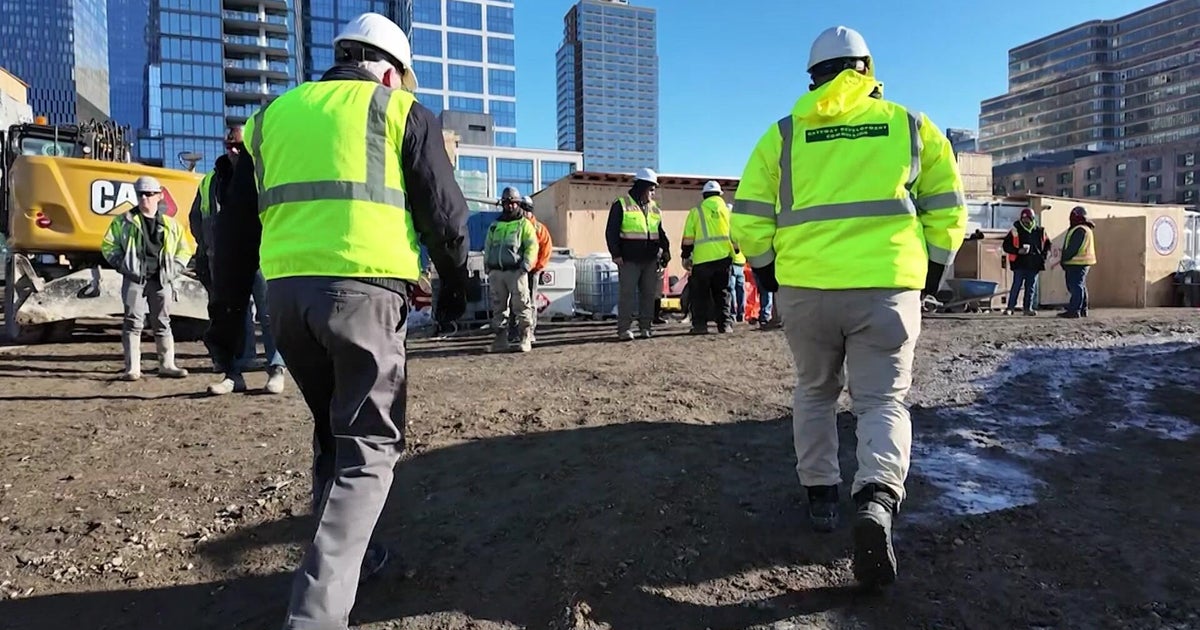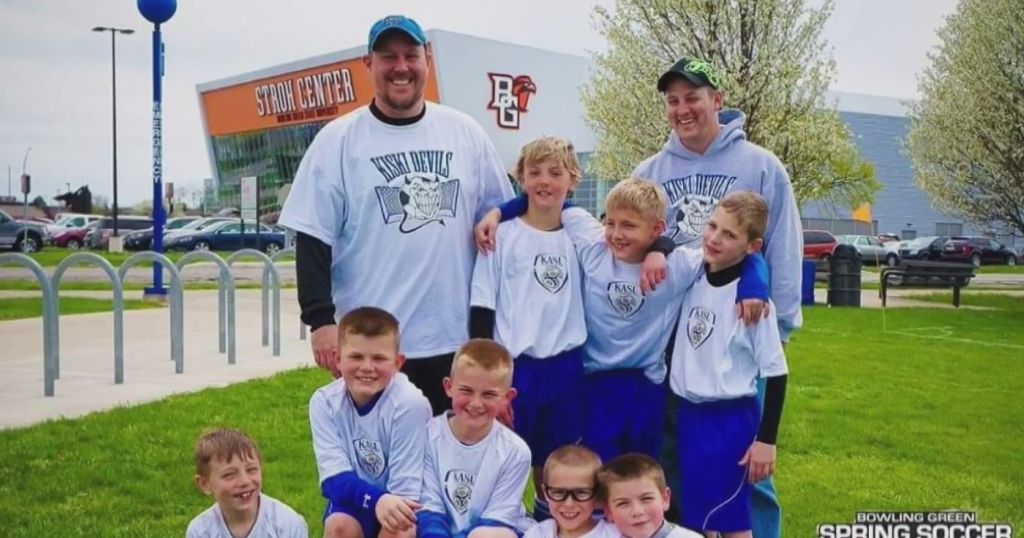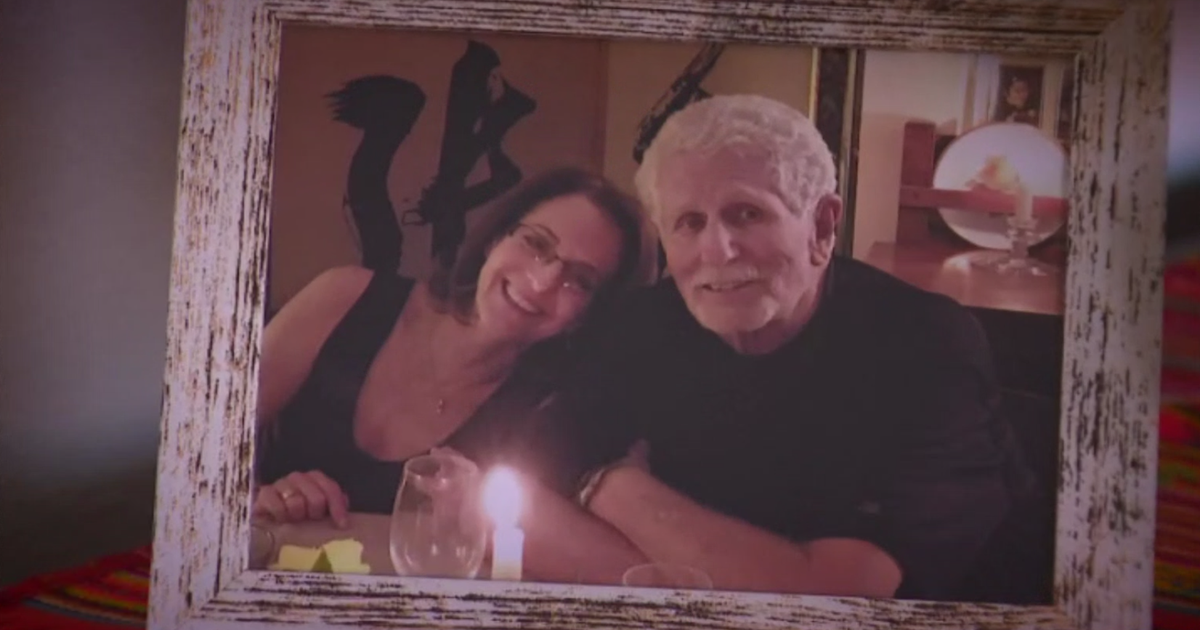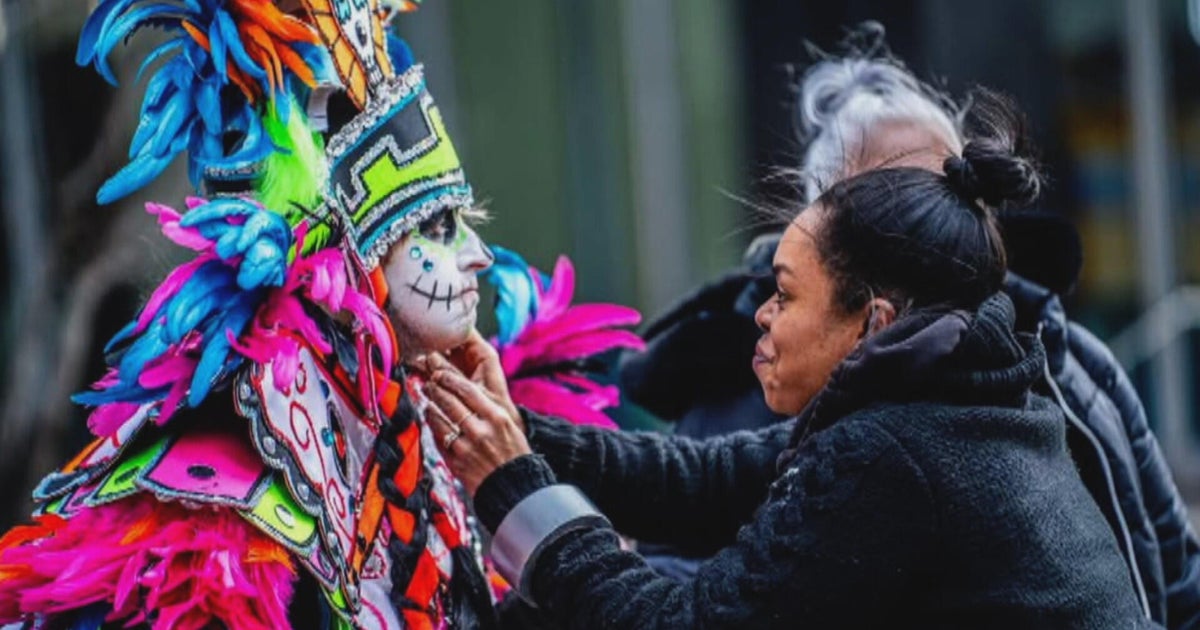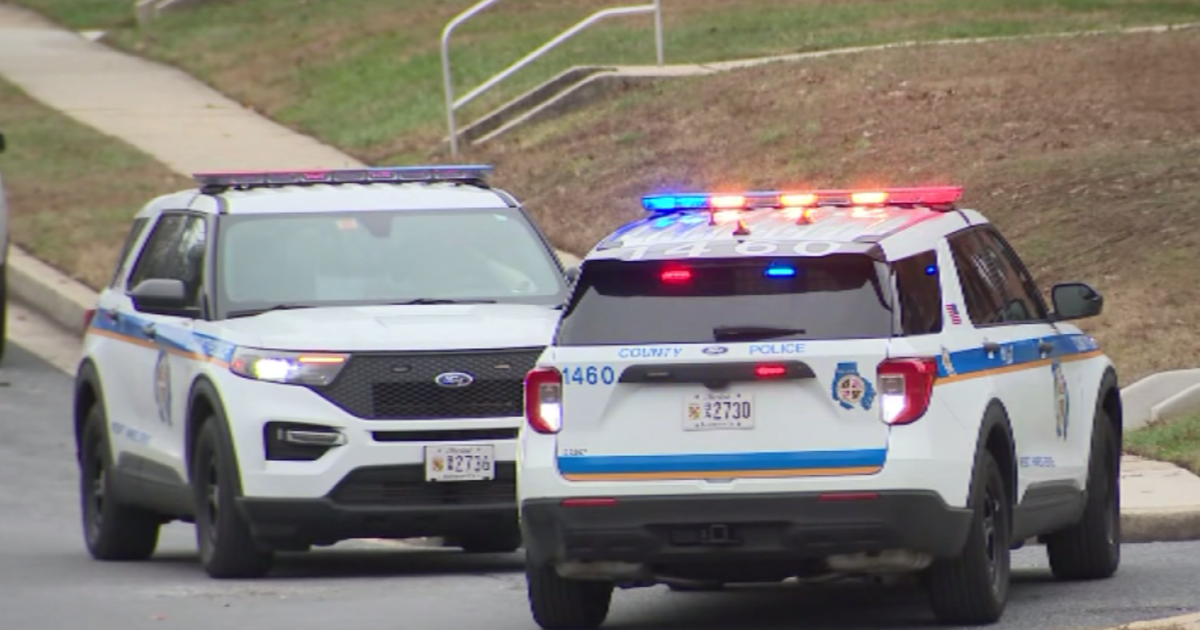Clarifying COVID: What Are COVID-19 Community Coordinators?
MINNEAPOLIS (WCCO) -- Each week, we're asking experts questions about COVID-19 developments. This week, we're checking in with COVID-19 Community Coordinators about the efforts of getting COVID-19 resources and vaccinations to diverse communities around Minnesota.
This episode features Mary Xiong, the vaccine outreach director for the Minnesota Department of Health (MDH), and Nancy Lee, the COVID community systems coordinator with MDH.
What are COVID-19 Community Coordinators?
LEE: So, the way that COVID community coordinators came about is that individuals from a number of different culturally-focused organizations ... the concerns that they brought forward were that they needed to have help to support their communities because they were receiving so many requests. The people were struggling with what was happening with the pandemic.
MDH was able to fund about 40 organizations statewide that focus on American Indians, people communities of color and members of the disability and LGBTQ communities. And they went forward and launched that program in the fall of 2020.
What are the priorities for CCCs?
LEE: Priority concerns for CCCs right now: One is to continue to help their communities understand the importance of getting a vaccine, to do some myth busting, I would say or misinformation education so that the community members understand the importance to think about what could this mean for them and their family to be safe from the virus.
And the second thing is the concern about housing in particular, should the moratorium on evictions be lifted. And how can they help them? And what will their community members' legal rights be?
And the third thing actually is there is a concern about finding transportation to vaccination sites. So, we are working with MnDOT and Metro Transit to try to work together collaboratively around that issue.
How are CCCs looking to reach specific communities?
XIONG: We're really looking to have our CCC support finding of their own sites or working with partners, providers, and as well as expanding on deploying mobile units.
Mobile units, currently, there's still a lot of logistics that have to be fully planned, but this would look like a unit going into a community setting where people are comfortable and familiar with. So, that we can really reach those populations that are in the Greater Minnesota so that we can make sure that they're not falling through the cracks.
LEE: The mobile units could perhaps be a lifeline for persons with disabilities, who have less of an ability to travel long distances. If this unit is closer to their home, or if we become innovative enough, actually at their home, depending on the severity of their health condition.
How can someone give back and help their community get vaccinated?
XIONG: It's so important for people to continue to share their story to their neighbors, their friends, their family about why getting the vaccine matters. Anytime that anyone is able to get the vaccine, and they want to get the vaccine, they should take it. The opportunity is there and we want to make sure that we can all end this pandemic together.
